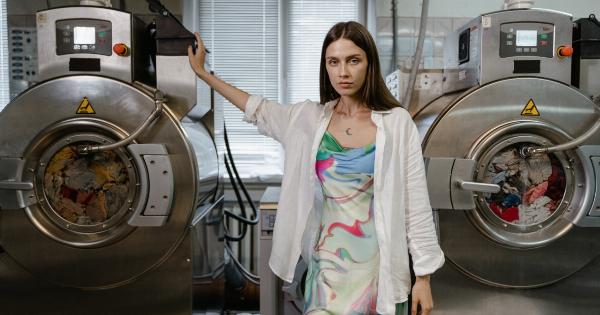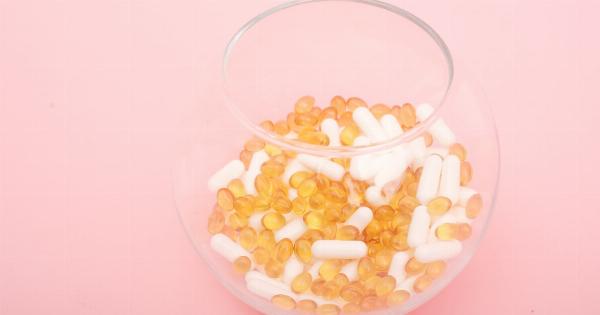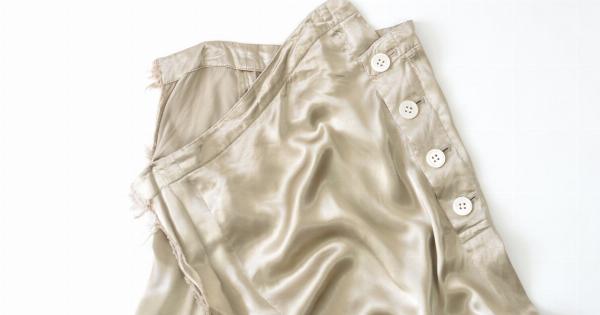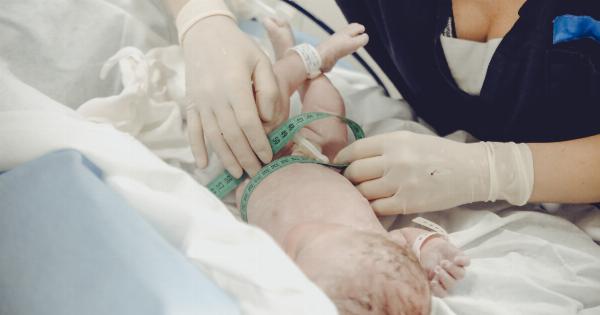Laundry and Genetics: Is Your Dirty Laundry Affecting Your Baby’s Genes?
Laundry is a daily chore for most households, but have you ever wondered if your laundry habits could have an impact on your baby’s genes? Recent scientific research suggests that there may be a link between exposure to certain chemicals found in laundry detergents and fabric softeners and changes in gene expression that could potentially affect your baby’s health. In this article, we will explore the potential risks and provide some tips on how to minimize any potential harm.
Understanding Gene Expression
Before we dive into the potential effects of dirty laundry on your baby’s genes, it is important to understand the concept of gene expression.
Gene expression refers to the process by which information encoded within our genes is used to create proteins that perform specific functions in our bodies. The regulation of gene expression is crucial for the proper development and functioning of cells, tissues, and organs.
The Link Between Chemicals and Gene Expression
Several chemicals commonly found in laundry products, such as surfactants, fragrances, and dyes, have been shown to have the potential to disrupt gene expression.
These chemicals can enter our bloodstream through skin contact or inhalation and interact with our genetic material, potentially leading to changes in gene expression patterns.
Effects on Development and Immune System
Studies conducted on animals have shown that exposure to certain chemicals in laundry detergents can result in developmental abnormalities and compromise the immune system.
While more research is needed to understand the exact mechanisms and potential effects on humans, it is important to be aware of these potential risks.
Tips for Minimizing Exposure
Fortunately, there are steps you can take to minimize your baby’s exposure to potentially harmful chemicals in laundry products:.
1. Choose Safer Detergents and Fabric Softeners
Look for detergents and fabric softeners that are free from harsh chemicals such as sulfates, phosphates, and synthetic fragrances.
Opt for products that are labeled as “hypoallergenic” or “gentle” to reduce the risk of irritations and adverse reactions.
2. Use Natural Alternatives
Consider using natural alternatives such as vinegar or baking soda to effectively clean and soften your baby’s clothes. These substances have been used for generations and are generally safe and eco-friendly.
3. Avoid Overloading the Machine
Overloading the washing machine can prevent clothes from getting properly clean. This may lead to the need for additional detergent or longer wash cycles, which could increase the exposure to chemicals.
Follow the recommended load sizes to ensure thorough cleaning.
4. Opt for Unscented Products
Fragrances added to laundry products can contain a mix of potentially harmful chemicals. Opt for unscented or fragrance-free products to minimize exposure to synthetic fragrances.
5. Pre-Wash New Baby Clothes
New clothes often come with chemical residues from the manufacturing process. To remove any potential irritants or harmful substances, consider pre-washing your baby’s new clothes before they wear them for the first time.
Conclusion
While the research on the potential effects of dirty laundry on your baby’s genes is still ongoing, it is always a good idea to minimize exposure to potentially harmful chemicals.
By choosing safer laundry products and adopting some simple practices, you can reduce the risks and provide a healthier environment for your baby.































